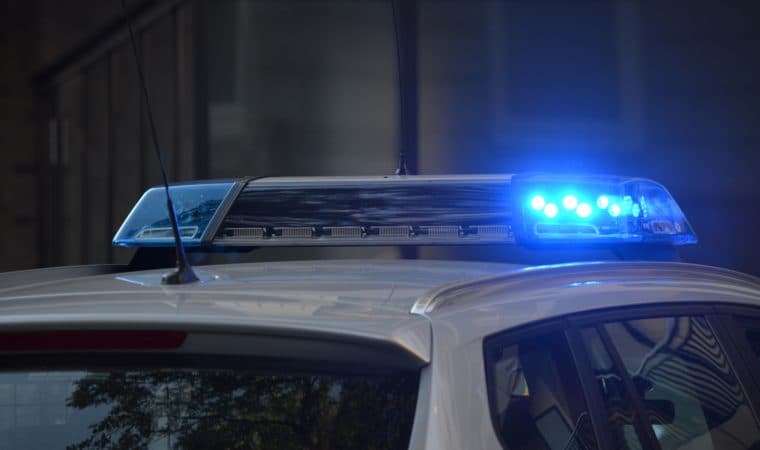Is it Legal to Record Police Officers in Florida?

The conflicts occurring more and more often between police officers and the general public have resulted in more and more people recording activities between the two, including in Florida. In many cases, officers are seen telling people that it is illegal to record them, with members of the public replying that in fact, it is not. So which is it? Is it legal to record police officers in Florida? A skilled Fort Lauderdale attorney can answer that question, and any other queries you may have about your rights as a citizen.
Leeana Presson’s Case
This question was brought to light when Tampa resident Leeanna Presson taped an interaction between her husband and the police in 2013. Upon her husband’s arrest for a DUI, Presson believed the police were being too harsh with her husband and so began recording the interaction with her cell phone. Soon after, she was arrested for obstructing or opposing an officer without violence, even though she was approximately 25 feet away while making the recording.
Presson’s lawyer argued that her First Amendment rights had been violated when she was not only falsely arrested, but that excessive force was used as she was thrown against a fence during the arrest, an act that hurt her shoulders and her back. Presson’s case never went to court, but the city did give her a settlement of $41,500 for the incident. Assistant city attorney, Ursula Richardson, said that if Presson had taken her case to court, she would have likely won an even larger sum.
Expectations Regarding Recording Police
Many police officers around the country have stated that one of the biggest changes they have seen over the years is that now everyone has a camera and that officers should assume at all times that they are being recorded while out in public. Presson’s case, as well as others around the country that have won their own claims, have proven that this is true.
The right to record police officers is one that is protected under the First Amendment, as long as the officers have no reasonable expectation of privacy and their work is not being interfered with in any way.
Laws Regarding Wiretapping
Florida, along with nine other states, have laws about wiretapping but these laws are separate from those that deal with recording a police officer conducting their business within the public. Under Florida’s wiretapping laws, all parties must consent to being recorded. Wiretapping deals mainly with placing a recording device on an electronic device such as a phone or a computer.
When recording police that are dealing with the public, they do not have the same expectation of privacy as one would on a private phone conversation or within a private email. As such, it is not illegal to record them as long as the person making the recording is not interfering with police business. In fact, this is a right every citizen in the United States has and it is one that is protected under the First Amendment. If you want to know more, contact a knowledgeable West Palm Beach attorney today.





